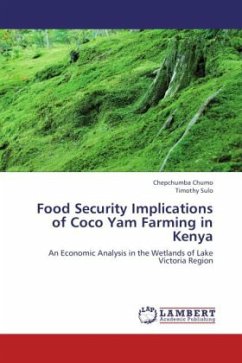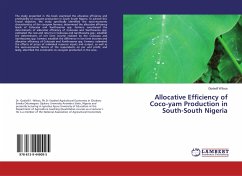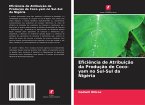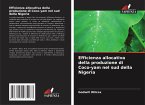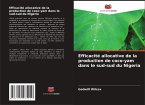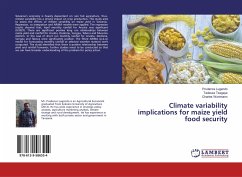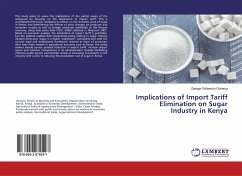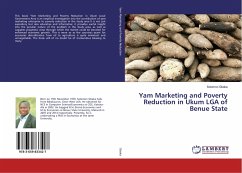In East Africa coco yam is considered an orphan crop and for a long time it has not been given attention when allocating farm resources. The book examines coco yam production and its impact on household food security.This study arose from the need to understand how the available wetlands could be sustainably used by the food insecure farmers in the study area. The main objective of the book is to assess the contribution of coco yams to household food security. Data was collected through the administration of 138 questionnaires to randomly selected farmers. Regression and cross tabulation analysis was used. Results indicated that the average cost of coco yam production was lower as compared to that of the competing enterprises. Family size and ago-ecological zone significantly contributed to coco yam production.It s recommended that information be provided to the farmers on the various agronomic packages, land allocation strategies and sustainable use of wetlands.This book is useful to all stakeholders in the wetland management, food security policy makers, students of environmental studies,agriculture and economics and professionals in the fields of lake basin development areas.

